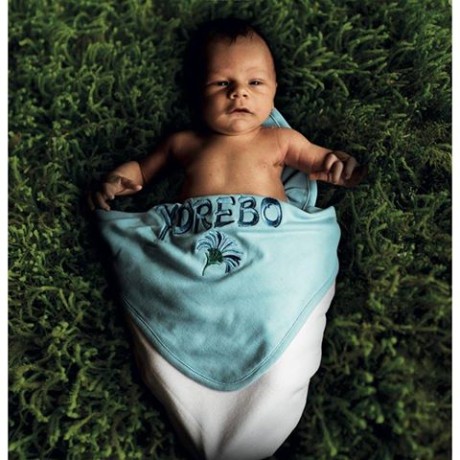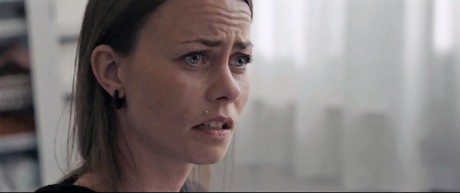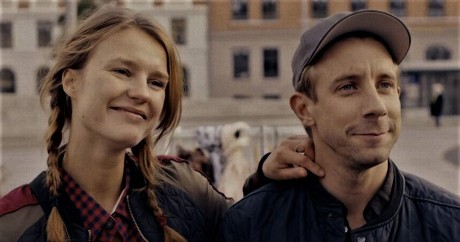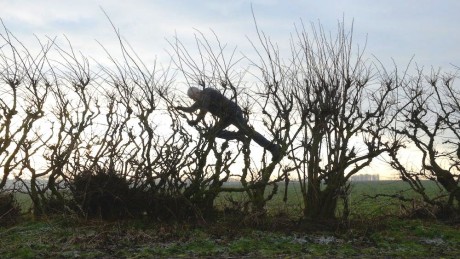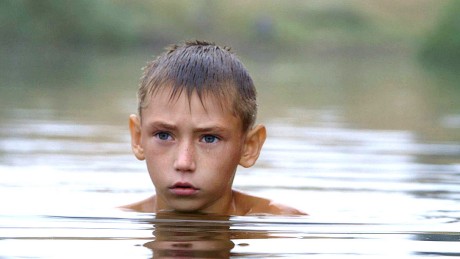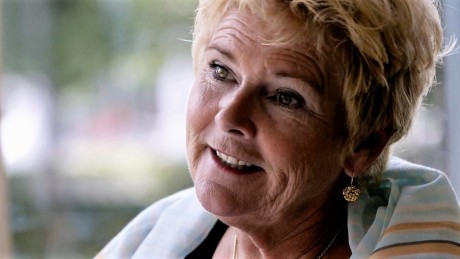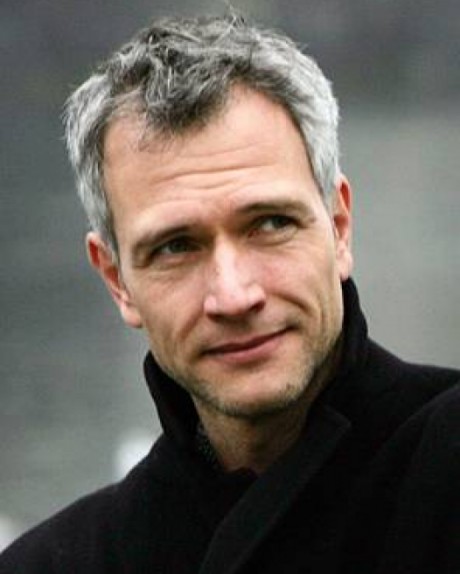


Magnificent7 Workshop with Stefan Tolz

One of the producers of ”Leaning into the Wind” Stefan Tolz, who in the absence of the director Thomas Riedelsheimer, on behalf of the film, took part in Magnificent7 in Belgrade, did one of the workshops which are part of the festival, situated at Dombank Dvorana in one of the smaller cinemas.
Tolz told about his going at the film school in Munich in the 1980’es – together with Claas Danielsen, former director of the DOKLeipzig festival and now director of the MDM, Middle German Film Fund, placed in Leipzig. Already in the school Tolz got to know Thomas Riedelsheimer – and a couple of years after they met and won awards at the San Francisco Film Festival – Riedelsheimer with his first film about Andy Goldsworhty, “Rivers and Tides”, Tolz as director with “On the Edge of Time”. In 2004 the set up the company Filmpunkt – take a look at the website http://www.filmpunkt.com/de/home/ – which is based in Köln with Tolz living in Tbilisi Georgia and Riedelsheimer in München. Quite international!
Tolz was very well prepared and after his introduction about how the company works, how the
partners divide the roles, “Thomas is the poetic guy, whenever there is something about money, he asks me to take care of that”, and after technical problems in the new cinema, some clips were shown, which are not in the film, but will be available as bonus material on the dvd of the film, which will come out in September. My comment: Wonderful that there are still dvd’s produced, I am gonna get this one!
Tolz, who is in love with France but wanted to go to Russia to the film school there, VGIK, as he speaks Russian, ended up in the film school in Georgia and is now making films there and helping out Georgian filmmakers as well. And lives in a beautiful place with his Georgian partner. He told that he and Riedelsheimer have no success in getting their films to IDFA in Amsterdam – my comment: shame on you IDFA that you have not taken “Leaning into the Wind” – at the same time as the film has had 40.000 tickets sold in German cinemas!
No tv-station upfront, Tolz said, we go for film fund support and with “Leaning…” we had Goldsworthy help us getting some of his art collectors invest in the film, which is very well financed. My comment: you can see that, indeed, it is called production value.
Andy Goldsworthy was an obvious inspiration for Riedelsheimer, “you have to let go”, he said to him, “total control is the death of art”.
As Tolz said the uniqueness of “Leaning…” is that you see the process of creation. Goldsworthy creates, Riedelsheimer creates. It’s magic! My comment: What a film!
